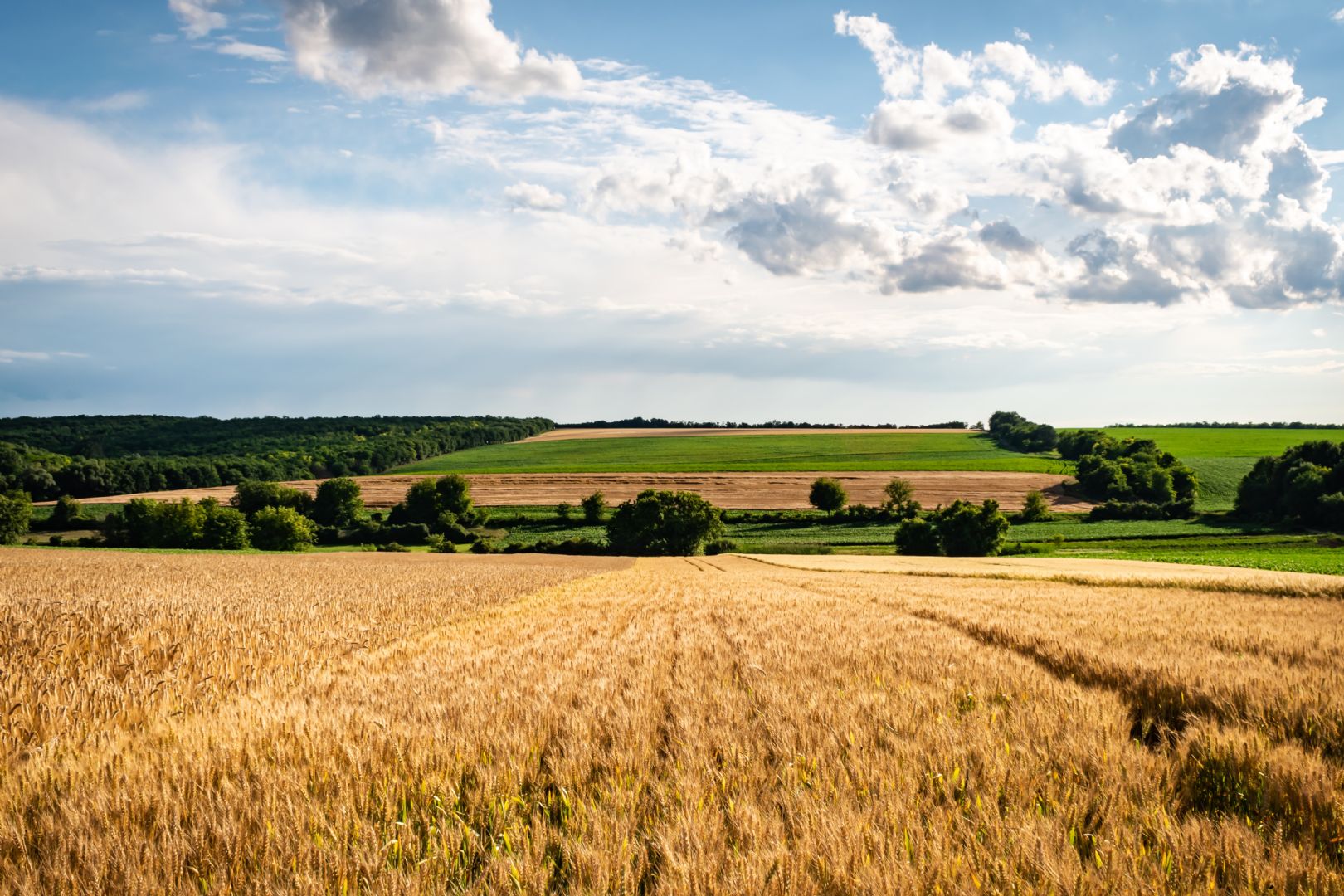
Climate Smart Farming – also known as Climate Smart Agriculture – brings together the issues of food security and climate change. Considering these issues together, rather in separate silos, can provide an approach to planning how farm businesses can produce food, adapt to climate and reduce greenhouse gas emissions simultaneously.
Climate impact on food production
The changing climate is already impacting food production to varying degrees all over the world, with increases in the frequency and intensity of extreme weather events such as drought, heavy rainfall and flooding. In the UK, arable farmers are collectively projected to lose almost £1billion in revenue following the impact of the extremely wet autumn and winter of 2023-24.
On a global level, the agri-food system needs to feed the global population, adapt to a rapidly changing climate and reduce greenhouse gas emissions associated with food production. Climate Smart Farming can contribute towards the achievement of the Paris Agreement and several of the Sustainable Development Goals.
Objectives of Climate Smart Farming
Climate Smart Farming incorporates three objectives:
- Improving productivity and farm incomes – it is essential to recognise the requirement for production of a sufficient quantity of nutritious food to feed everyone on the planet. This is a basic human right and productive farm businesses are key to achieving it. Improved productivity and efficiencies that result in more food while requiring less resources can increase farm business incomes. They are also a win for climate, as greenhouse gas emissions can be avoided or land managed differently to sequester more carbon.
- Adapting to climate change to increase farm resilience – even if all greenhouse gas emissions stopped tomorrow, the world’s weather and climate systems would continue to be impacted by the surge in greenhouse gas emissions that began in the 20th Increasing the resilience of farm businesses to cope with unpredictable and extreme weather events is going to be essential.
- Reducing greenhouse gas emissions from food production – many of the opportunities to reduce the greenhouse gas emissions associated with food production can provide other, more tangible, benefits to a farm business. For example, grazing management to build organic matter and sequester carbon in the soil can also improve soil structure, prevent soil loss via erosion and reduce the requirement for artificial fertiliser. Meanwhile, using precision farming techniques can reduce the overall quantity of inputs required, which reduces cost of production and increases farm profitability.
What Climate Smart Farming is not
Climate Smart Farming is not a set of practices that can be universally applied to any farm enterprise, at any scale, anywhere in the world. Nor is it a replacement for other approaches. Regenerative farming practices, Integrated Pest Management, conservation agriculture, soil and water management, agroforestry, precision farming, improved livestock management and even reduction of food waste can contribute towards farming with a climate smart approach. On the technology side, genetic innovations to develop climate resilient crop varieties, artificial intelligence to improve efficiencies in livestock rearing, robotics and AI to optimise fruit production and production of renewable energy on-farm are all examples of use of science and technology to improve farm resilience to climate change.
In short, Climate Smart Farming is an approach that can be applied to food production which links food security with climate change. Farm businesses can use the approach to decide how to achieve the related goals of food production, resilience to the impacts of a changing climate and reduction of greenhouse gas emissions.
Climate Smart Farming will not fix climate change – it’s a complex problem that requires contribution from all industries that produce greenhouse gas emissions, but the approach can improve the farming industry’s resilience to a changing climate while reducing emissions associated with food production.
Interested? Read more about Climate Smart Farming and the Climate Farm demo project here.




